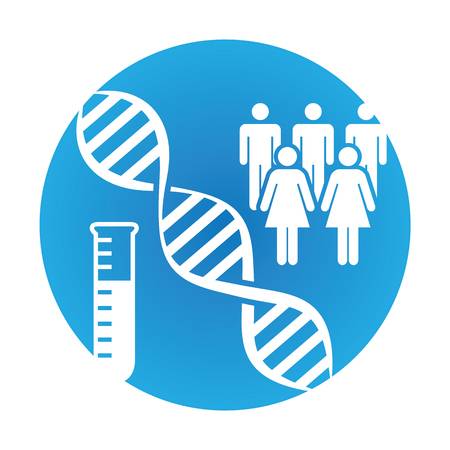Heritable human genome editing: Who decides? Science or society?
By Françoise Baylis,
Journal of Medical Ethics Blog
| 10. 11. 2021
Many describe the move from bench to bedside (from basic science to therapeutic or preventive applications) as a sprint – a short quick race. Others suggest that the race (such as it is) is more like hurdles given the many obstacles that must be overcome. Still others prefer to think of the scientific endeavour as a shuttle hurdles relay – a race that requires a team effort. There is competition, but also collaborative ambition. And finally, there are some for whom science is more like a marathon (perhaps, a marathon with hurdles and teammates).
In my book Altered Inheritance: CRISPR and the ethics of human genome editing I suggest that science is like orienteering. It is an endurance sport; it can be an individual competition, a team relay or a marathon event:
[T]he runners have to maneuver around obstacles while navigating difficult and unmarked terrain. Along the way, choices have to be made—take the shorter distance with hills, streams, marshes, boulders, ditches, fences, and wildebeests, or take the longer winding road with fewer obstacles—all the while keeping in mind the...
Related Articles
By Dana Mattioli, The Wall Street Journal | 04.15.2025
Image "Elon Musk" by Debbie Rowe on Wikimedia Commons
licensed under CC by S.A. 3.0
Ashley St. Clair wanted to prove that Elon Musk was the father of her newborn baby.
But to ask the billionaire to take a paternity...
By Emma McDonald Kennedy
| 04.24.2025
A Review of Eggonomics: The Global Market in Human Eggs and the Donors Who Supply Them by Diane M. Tober
A recent journalistic investigation of the global egg trade at Bloomberg put the industry’s unregulated practices and their exploitative implications back in the spotlight. Diane Tober’s book Eggonomics: The Global Market in Human Eggs and the Donors Who Supply Them, published in October of last year, delves even more deeply into the industry with a thorough examination of egg...
By Sarah Jones, Intelligencer | 04.17.2025
From the Natalism website
Elon Musk may not have appeared at the Natal Conference in Austin, Texas, this year, but he didn’t have to. The very concept of pronatalism owes its current prominence to him and his obsession with fertility...
By Staff [cites CGS' Katie Hasson], Radio New Zealand | 04.05.2025
At a time where some countries are struggling with low birth rates, the voices for pronatalism are getting louder. But it’s who’s sounding the call for more babies that has people talking.
Tech giant Elon Musk has fourteen children and...




